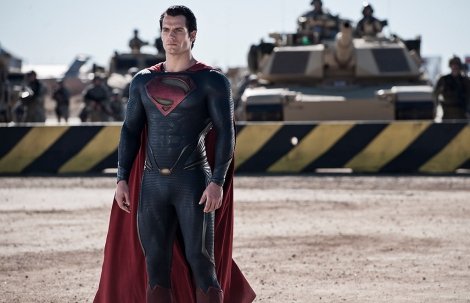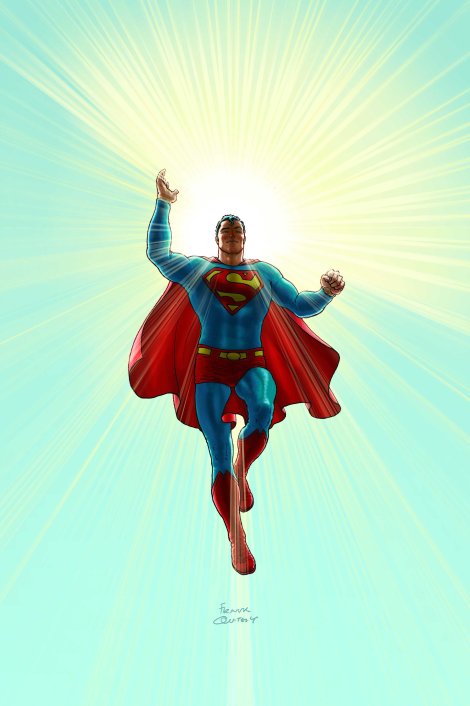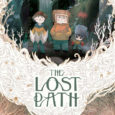WARNING: the following contains MASSIVE SPOILERS for the Man of Steel film, as well as for All Star Superman. If you do not wish to be spoiled, I suggest you stop reading NOW. Don’t say I didn’t warn you.
In the past few weeks I have spent more time than I care to admit debating with friends and colleagues regarding the recent Man of Steel film. I know many people who enjoyed the film and found it to be an excellent representation of Superman. I know others who enjoyed the film but didn’t think it was really a SUPERMAN movie. And I know people who flat out hated it.
No matter what, there’s pretty much one huge point of controversy. If you haven’t seen the film and have remained unspoiled to this point, this is your last chance to get out of here, FYI.
In Man of Steel, Superman kills Zod by snapping his neck.
 There’s been a ton of debate over this issue, from comic and non-comic fans alike. Because this is a huge issue: Superman KILLS. And because of the timing of the scene, we don’t see him really struggle after the fact. It’s death to Zod, kiss Lois, end of story.
There’s been a ton of debate over this issue, from comic and non-comic fans alike. Because this is a huge issue: Superman KILLS. And because of the timing of the scene, we don’t see him really struggle after the fact. It’s death to Zod, kiss Lois, end of story.
People have defended this choice, and defended it well and have pointed out that we will probably see Superman’s struggle with this choice in the inevitable sequel. Others, like myself, feel betrayed by this action: Superman killing is a huge deal. And, for me, part of it is that it happens in a Zack Snyder film, and Snyder is known for his tendency to pretty much fetishize violence.
My argument is that Snyder doesn’t understand Superman.
Here’s the question though: who DOES?
I know so many people, in and out of comic book fan circles, who don’t get the appeal of Superman, who discard him because of his status as “The Big Blue Boy Scout.” And yet at the same time, in comics, we see him (like many other characters) portrayed in completely different ways by every writer who approaches him. Who does get Superman at this point? Who is Superman, what is his place in our modern mythology?
Because let’s face it, Superman have moved beyond just “comic book character.” There are people who can tell you the basics of his story without having ever read a  comic, seen a Superman movie, etc. Alien, comes to Earth, poses as reporter, has super powers, weak against rocks. Superman has entered our collective cultural mythology, he stands for something. Hell, in Morrison’s All Star Superman, Kal-El is even reinvented as a classic mythological sun god, right down to the sacrificial death to save us all (and hope of rebirth in the end).
comic, seen a Superman movie, etc. Alien, comes to Earth, poses as reporter, has super powers, weak against rocks. Superman has entered our collective cultural mythology, he stands for something. Hell, in Morrison’s All Star Superman, Kal-El is even reinvented as a classic mythological sun god, right down to the sacrificial death to save us all (and hope of rebirth in the end).
Superman is hope. Superman is humanity at our best. Superman is RAISED by humanity at our best, the Kents find him, raise him, realize their boy has superpowers and embrace the fact (this is done wonderfully in Waid’s Superman: Birthright where Martha Kent is an alien enthusiast, embracing her son’s differences and learning everything she can about them). He sees the good that humanity is capable of and he wants to help us rise to that level.
Maybe this is what makes Superman so difficult to connect with. I say this for two reasons: the first being that we have become so cynical that it seems like we are constantly surrounded by humanity at its worst. The constant stream of information we’re offered in our daily lives is always full of updates on death tolls, environmental disasters, new wars breaking out, old conflicts continuing, etc. It’s hard to believe in something like Superman when we seem to always be confronted with humanity’s darker nature (this is actually why I think many people find it easier to connect with the character of Batman: if Superman has hope for humanity at it’s best, Batman is too aware of humanity at its worst. Superman inspires, Batman protects, Wonder Woman loves.).
The second point is the question of what exactly IS humanity at our best? For many people, Superman being able to kill Zod IS humanity at our best, being able to kill one to save billions. In other cases, the idea of humanity at our best is the idea that redemption is possible for almost everyone, and even the worst deserve that chance. Look at how Superman is handled by Snyder, as well as Miller and Millar, versus Waid and Morrison. Superman, like pretty much any character, acts as a reflection of our own psyche, and when we differ so much on what is Right and Wrong, the character becomes difficult to define.
So where DOES Superman fit in this day and age? I choose to believe that his ideal form is the one that we’re shown as leading us to the better, rising us above. We often mistake “darkness” for “complexity” in a character. Superman doesn’t need to be dark, in fact that rings false to me because Superman IS THE SUN.
But that’s me. That’s my take. Yours is assuredly different. This is why we tell stories. Or something.
Ashly is an IHO Geek contributing writer who will confess to having reread ‘Supergods’ a ridiculous number of times. Tell her how wrong she is on Twitter @newageamazon
















Hey Killerrqueen-
Your last post [COSPLAY SPOTLIGHT – LAUNCH!] was freaking awesome. I have gone ahead and added your stuff to my Feedly account. Please keep me updated if you post anywhere else.
Keep rocking –
Jon